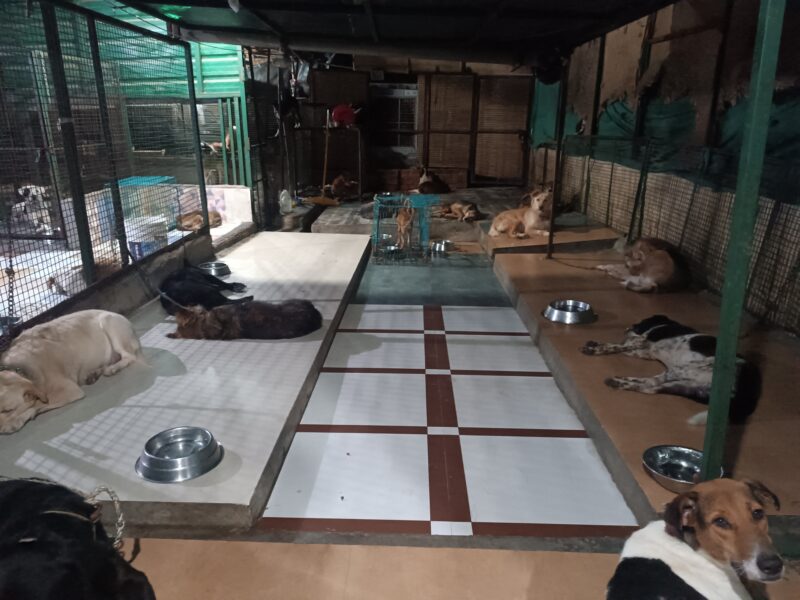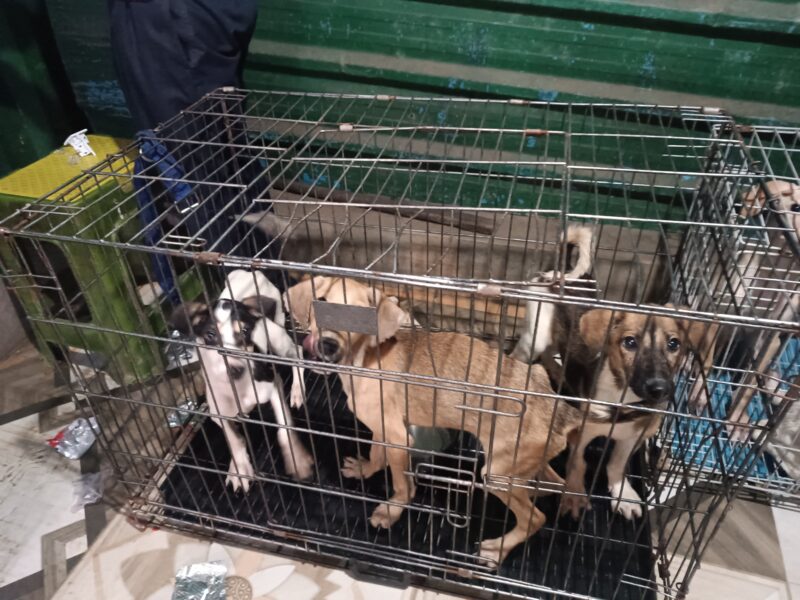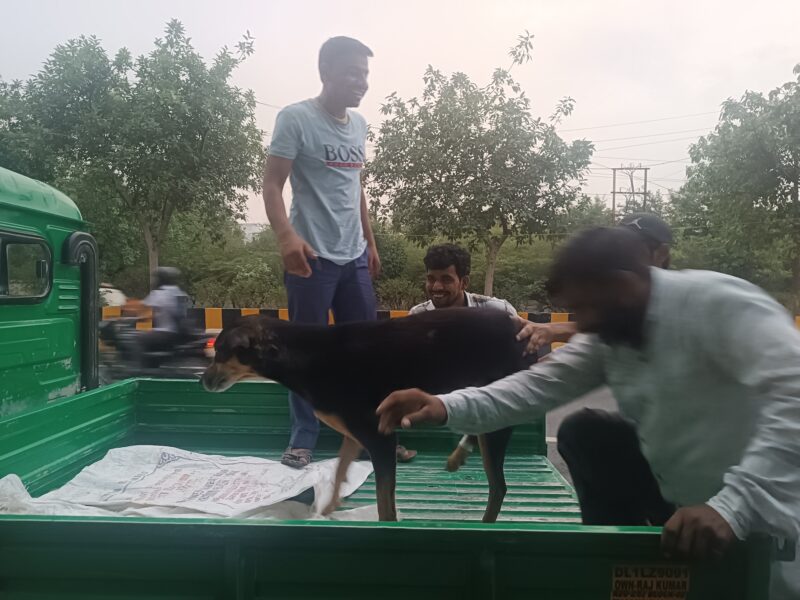Delhiites find themselves grappling with a distressing upswing in dog bite incidents with children the most affected.
Recent figures from leading hospitals paint a worrisome picture. Safdarjung Hospital reported a staggering 29,698 cases and Ram Manohar Lohia (RML) Hospital documented 18,183 dog bite incidents between October 2022 and March 2023.
Adding to the growing concerns, a heart-wrenching incident unfolded this month when a five-year-old boy in Shahdara’s Geeta Colony fell victim to a neighbour’s pet Labrador, which attacked him within the confines of his own home.
Similarly, last month, a seven-year-old girl playing outside her southwest Delhi home in Rangpuri became the victim of a stray dog attack.

The surge in dog bites has prompted action, both from concerned citizens and authorities. Delhi’s mayor, Shelly Oberoi, recently convened a meeting with non-governmental organisations (NGOs) engaged in sterilisation and stray dog management, along with other relevant stakeholders, in an effort to curb the escalating problem.
Amid the rising incidents, the issue has taken on political dimensions, with some leaders pointing fingers at butchers feeding meat to dogs, blaming them for dogs’ aggression.
However, Sanjay Mohapatra, a prominent figure running two dog care shelters in the city, vehemently dismissed such claims as “unscientific” and “politically motivated”, emphasising that dogs are naturally inclined to consume meat and that such statements lack credibility.
According to Mohapatra, “Irresponsible pet ownership, rising temperatures, and corruption within the sterilisation process are primary reasons behind the surge in dog bites.”
“Dogs are community animals. We have been coexisting with each other for hundreds of years. If all of a sudden, a Residential Welfare Association (RWA) will give a notice to not feed stray dogs, or get them relocated to a place far away, then it will naturally make dog more aggressive,” he added on the question of increasing incidents of dog bites.

Arjun Gothwal, manager at Help in Suffering, an NGO working for dog welfare, blamed irresponsible pet ownership for the rise in dog bites.
“We have come across a lot of cases where individuals adopted stray puppies because they looked cute. Later on, when they grew up and taking care became slightly difficult, they abandoned them.”
Such irresponsible pet ownership leads to dogs on streets who are used to home food and care.
“Thus, immediate change in place and food makes them aggressive,” he added while explaining how irresponsible pet owners affect dogs.
Recent reports suggest that the Municipal Corporation of Delhi (MCD) plans to undertake a city-wide survey soon to assess the number of community dogs on the streets of the Capital.
The last survey of community dogs by the unified MCD was carried out in 2009, when their number was found to be 5,60,000. Experts believe that in the 14 years since then, their population is likely to have greatly increased.
So, what is the way forward?
Canines are territorial animals. They are very attached to their territory. The rampant corruption and cruelty in most of these sterilisation centres is proving to be counter-productive for dog population management. An absence of geographical tagging leads to displacement of the dog as it is relocated in a different area. This causes problems.
“When the municipal corporation picks up a dog for sterilisation, it ends up relocating it due to absence of tagging process,” said Mohapatra.

Moreover, most of these centres keep the dog for just three days, operate on dogs without following the proper procedure, he says. These dogs are then released in a new location and it leads to an increased aggressive behaviour.
Gothwal, who gets around 100 calls for abandoned dogs every week, was also of the view that forced relocation of dogs by RWA and cruelty during the sterilisation process are the major reasons behind the increased dog bites.
“We need to be more compassionate towards community animals for peaceful coexistence. The city needs better infrastructure, more community kitchens and an increased awareness about dogs and their behaviour in order to fight the dog menace,” said Mohapatra.





